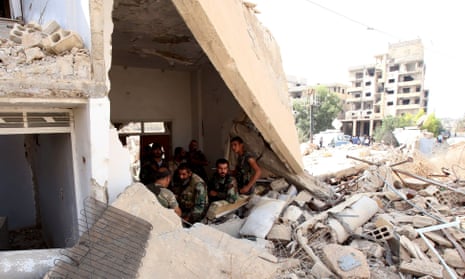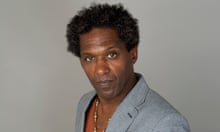Today’s news that the American secretary of state, John Kerry, and the Russian foreign minister, Sergei Lavrov, are in Geneva to discuss ending the war in Syria should raise everyone’s spirits. Why does it not do so?
The answer is that these and other outside powers have tried this often before and failed. They have failed in large part because each is also helping the war to continue by aiding their chosen participants. So a quarter of a million Syrians have died, millions been displaced and a relic of world civilisation has been destroyed. The reality is that, ever since America first invaded the Middle East in 2003, the outside world’s policy towards Syria has been a textbook example of diplomatic failure.
In 2011, the intelligence community (and its media cheerleaders) predicted Assad would go the way of other Arab spring dictators. He would fall and the west could then nurture Syria into a new dawn of western-style democracy. When this failed to occur, the hawks (including Britain’s David Cameron) advocated that the west invade and topple him, installing a government of “our” Syrians, at peace with each other and the world.
The moral of Afghanistan, Iraq, Egypt and Libya is that the world rarely behaves as western punditry requires. Other nations have ways – and wars – of their own. The Syrian horror began with a sectarian insurgency of Syria’s own peculiar making. When it became evident that Assad was not going to fall, the west aided his foes with money, weapons and, above all, hope. They were soon joined by Isis, expanding out of the Sunni safe havens ceded them by the ham-fisted American/British intervention in Iraq. With Russia and Hezbollah drawn into backing Assad, the recipe for a perfect storm was in place. So it has been ever since.
Reality in this part of the world is that order and power seem invariably to trump “western-style” democracy. The west’s support for Assad’s enemies, like its toppling of Saddam and Gaddafi, aided the cause not of democracy but of chaos. It displayed the arrogance of empire without its true commitment. It dabbled, disregarding the old maxim, better a thousand years of tyranny than one day of anarchy.
The outside world has two simple duties towards the civil wars of others. One is not to take sides, to “give war a chance” to resolve internal conflict, and not fuel its terrors with weapons, bombs or hope of reinforcement. The other is to aid those fleeing the horrors of war when they throw themselves on the mercy of a wider humanity.
These duties we can perform – but fail to do so. They are unlikely to be on the agenda in Geneva.









